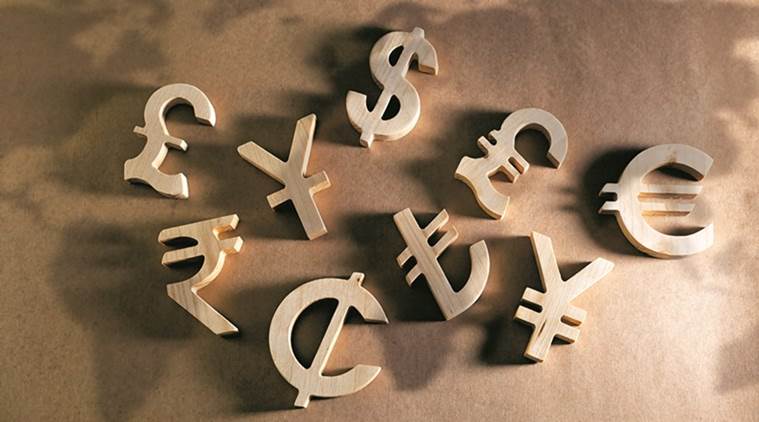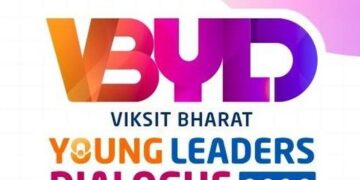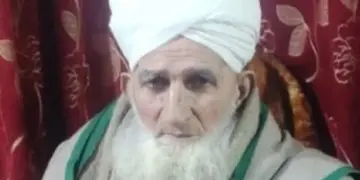BY: Sanjaya Baru
An important instrument of economic policy-making in a market economy is credible, consistent and timely communication. The role of the media in economic management is not often recognised even by professional economists. Politicians, however, ignore this at their own peril. Crises are inherent to market economies but managing them is the key to political success and the media plays a vital role in getting the policy message across.
It has not been adequately appreciated in the literature on the handling of the 1991 economic crisis that credible and timely communication played an important role in effective economic management at the time. In my book 1991: How NarasimhaRao Made History, I narrate how the then cabinet secretary, late Naresh Chandra, and the then principal information officer to the Government of India, late RammohanRao, played an important role in economic crisis management, especially during the election months of May-June 1991, offering background briefings to senior editors along with finance ministry officials. This ensured informed and responsible reporting that facilitated crisis-management by the government.
Considering the fact that at that time such communication was done in the middle of an election, it is surprising that at present a government in comfortable harness has not been equally effective in using the media as an effective instrument of economic management. Be it on inflationary expectations or the value of the rupee, be it on the mess in the financial sector or on issues pertaining to rural distress, official communication has been weak and sporadic. More worryingly, it has not been adequately credible and consistent.
An important functionary of the government who, in the past, ensured effective communication on economic policy was the chief economic advisor to the government of India. While Deepak Nayyar played that role very effectively in 1990-91, Shankar Acharya did so with elan during the post-Pokhran nuclear test period of 1998-2000. When the CEA spoke, he spoke for the government. That tradition was dented in the recent past with Arvind Subramanian often speaking either for himself or at best his ministry. At a time when the economic situation is causing some concern in the markets, the CEA’s post remains vacant.
Worse, there is no other credible policy spokesperson around to fill the gap. Members of the Prime Minister’s Economic Advisory Council also seem to speak for themselves rather than the PM. While the head of NITI Aayog is visible and audible, it is not clear if he too speaks for himself or for the government. That is, do the statements coming out of the PMEAC and NITI Aayog reflect the mind of the PM and the FM or not? There is no clarity on this matter.
We have had situations in the past when the CEA’s chair was kept vacant. However, his role as spokesperson for the government on economic policy was played by other credible officials. Sometimes the finance minister or the prime minister himself. The unfortunate period of drift when Finance Minister ArunJaitley was hospitalised created an avoidable vacuum in effective policy communication. While the finance minister is back in the saddle, his mind seems burdened with too many issues and not adequately focused on the economy.
Another functionary who has in the past played an important role as an effective communicator on economic policy was the governor of the Reserve Bank of India. Here, too, we have gone from an era of excessive communication, during the tenures of D SubbaRao and RaghuramRajan, to virtually no communication during the present tenure of Urjit Patel. Patel has made a mistake, reducing his formal and informal communication with the media. There is much that the governor can learn from the role played by C Rangarajan, BimalJalan and Y V Reddy in offering policy guidance and managing crises during their tenures. The communication gap thus created is being filled by officials in a routine manner with no strategic clarity.
One of the most surprising aspects of this government has been the virtual silence of the prime minister on the economy. He, too, seems burdened by a range of preoccupations and not adequately focused on the economy. This is surprising not only because the prime minister has demonstrated a good understanding of economic issues but also because what happens to the economy will have an impact on electoral outcomes over the next few months.
His recent decision to reconstitute and further empower the Strategic Policy Group, under the chairmanship of the National Security Advisor, creates yet another group, apart from the PMEAC, that would have views on the economy and the ear of the PM. Hopefully, the PMO would ensure consistent messaging by the SPG and the PMEAC on crucial issues like the rupee and health of the financial sector.
An issue on which there has been some confusion in messaging is oil prices. The Indian voter will not shy away from sacrificing in the national interest. If the voter is convinced that high oil prices are a national challenge and that the government is doing its best to deal with the challenge, the voter would be willing to bear the burden. However, if the voter comes to believe that high oil prices are a consequence of economic mismanagement or a subject of political one-upmanship between the Centre and the states, consumer resistance is bound to grow.
The upshot of all this is that not only does the government need an effective and credible spokesperson on economic policy but also that the RBI, ministry of finance, NITI Aayog and PMO should have a shared understanding and a coordinated strategy on macro economic policy. Such effective policy management becomes even more important as the country enters a political phase with elections scheduled over the next several months.
The writer is Distinguished Fellow, United Service Institution of India, and former Media Advisor to Prime Minister of India.
Courtesy Indian Express






